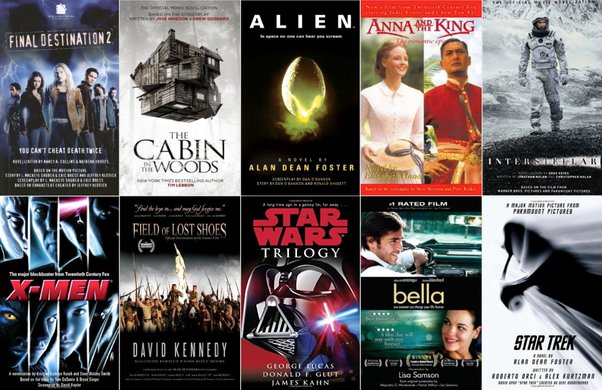After seeing Alexander Hammer’s “Amy hope”, a document about 2020 Amy ShumorHard pregnancy, Jane Freeman’s life changed.
In the series, Shumar’s husband, Chris Fisher is unphetually diagnosed with autism. Fisher’s story hit a raga with Freeman, which inspired him to look for an autism. At the age of 33, a famous dancer and choreographer, Freeman received an autism spectrum disorder diagnosis.
Freeman, an old friend approached Hammer, to congratulate him in the series and share his recent diagnosis. The next day, Hammer was in Freeman’s apartment.
The result is “Room to Move,” a documentary that follows Freeman because she navigates the most transformative chapter of her life. Executive built by Shumor and Fisher, DOC catchs Freeman over a five -year period, during which she develops her own understanding and performs a female dance, “Is it Thursday?”
Through the doctor, on half the way, the hammer unexpectedly becomes the subject of his own doctor after finding out autism.
“The visually and structurally, the” room to move “is layered and expressive,” Hammer says. “We together weave footage, individual archives, pieces of a developed platform, and poetic, effective sequences, which interpret psychological terrain Jane navigating – sensory processing, masking, and pressure to perform general.
Diversity On Wednesday, Tribeca Fest’s “Room to Move” was ahead of Hammer, Freeman and Shumor ahead of the premiere.
Jane, what was about Chris’ autism diagnosis in “Amy’s expectation”, that you think you can also have autism?
Freeman: I never thought that once I was autistic. I really didn’t even know what autism was, but it was the way Chris’s family was talking about him that something clicked. Some language that my family members talked about me always felt that I was something else. Or a little bit on the outside. When I heard Chris’s family talking about him, it was heavy. I will never forget the moment when I was watching it. It was like a complete-body, earth-creating spirit.
You reveal a lot of personal information about yourself. Did you ever hesitate to make this doctor?
Freeman: Even though it was so scary, I just knew to say yes. It is as if Chris and Amy were brave enough to share their stories, so I was going to be brave enough to share me, and then was brave enough to share Alex.
Alex, you find about half the path through the film that you also have autism. Any hesitation from you about putting yourself in a doctor?
Hammer: I really fought against it for the longest time, and I was beaten again and again, I think, for better. Information and my personal experiences were a challenge without going too far. But, I think it gives a perspective that is the same, but also different from Jane, which just adds another layer to the story because we have a lot of similarities and there are many differences between us. We are only two people. We are out of two out of millions with autism.
Shumor: It is helpful in getting two people who are going through it. That perspective is so helpful.
Alex, did you ask Amy to produce the film for an executive?
Hammer: I immediately brought the idea to him, and he said, ‘Absolutely. Let’s find out this. “And it is like the motto of the film because we were like all,” We don’t know what it is, but it’s something happening. “
Amy, how will you describe your role on this film?
Alex will send me some thick cuts. I don’t know what I liked to work with me as a colleague, but I think I was encouraging, and if I thought it was not yet, I shared it. I just tried to be really honest.
Is one of the doctor’s goals to break the stigma around autism?
Shumor: This is to destroy it to ensure. This is one of the takeaways because you know, when everyone is seeing, is “love on spectrum”, which I love, or “Rain Man”, people do not really have much reference to it. There are no people who are outside. My husband is outside, and it may not happen what everyone’s thing is, but yes, we definitely want to end autism.
Freeman: This is shameful, but one of the first things I did was Google celebrities who are autistic because it helps. You are trying to see yourself. For example, what it looks like, and you are also trying to see if I can have this thing and still success or whatever it is. When I go to googly, I found the temple grandin, and he is distinguished, but I really see much in myself. Therefore, I think it is good to share different experiences (on spectrum).
Shumor: I will just add that this doctor does not have to diagnose tech and blow up your autism. It is more liked – get information for yourself or for your loved ones. take a test. find out for yourself. This is a useful thing to get information.
The “Room to Move” is demanding distribution.



